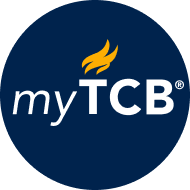
Our 2025 C-Suite Outlook survey shows C-Suite executives across Asia are preparing for ongoing economic and geopolitical challenges by focusing on accelerating digital transformation, integrating AI throughout their organizations to improve innovation, and building leadership capabilities that include knowledge of AI and other technologies.
Based on a survey of 1,722 global C-Suite leaders including 640 executives from Japan, China, India, Malaysia, Singapore, and The Philippines, the survey asked their views on the issues and events they expect to significantly impact their business in 2025. This report summarizes those responses and the strategies they intend to use to meet those challenges and the implications for CHROs in the region.
Human Capital Center Leader, Asia and Program Dire…
The Conference Board

myTCB® Members get exclusive access to webcasts, publications, data and analysis, plus discounts to events.
